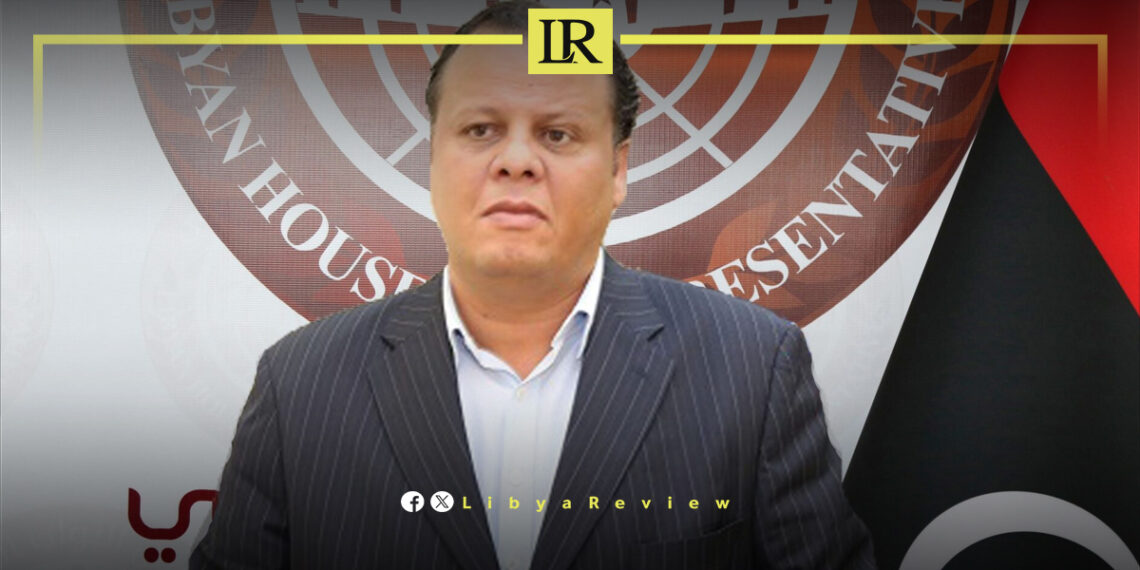Chairman of the National Security Committee in the Libyan House of Representatives, Talal Al-Mihoub, has warned against any actions that could jeopardise the Libyan-Tunisian border. His remarks come in response to recent statements made by Tunisian Defense Minister Khaled Al-Suhaili regarding the border demarcation between the two nations.
In a press statement on Thursday, Al-Mihoub said, “Our Tunisian brothers are well aware of the circumstances Libya is facing, and we stress the importance of respecting the internationally recognized borders between our countries.”
He added, “Any move to alter these borders will not be recognized. The House of Representatives will hold its upcoming session to discuss Al-Suhaili’s comments.”
Al-Mihoub criticised the Tunisian defense minister’s remarks as “irresponsible,” announcing that the Libyan Parliament intends to formally address its Tunisian counterpart on this matter.
During a discussion of Tunisia’s defense budget in parliament on Wednesday, Khaled Al-Suhaili emphasised that Tunisia “will not give up a single inch of its national territory.” He explained that the joint Tunisian-Libyan border committee is tasked with overseeing and managing the border demarcation process. Al-Suhaili also noted that the committee includes representatives from the Tunisian Ministries of Defense and Interior, similar to the joint Tunisian-Algerian committee.
Libya has been in chaos since a NATO-backed uprising toppled longtime leader Muammar Gaddafi in 2011. The county has for years been split between rival administrations.
Libya’s economy, heavily reliant on oil, has suffered due to the ongoing conflict. The instability has led to fluctuations in oil production and prices, impacting the global oil market and Libya’s economy.
The conflict has led to a significant humanitarian crisis in Libya, with thousands of people killed, and many more displaced. Migrants and refugees using Libya as a transit point to Europe have also faced dire conditions.
The planned elections for December 2021 were delayed due to disagreements over election laws and the eligibility of certain candidates. This delay has raised concerns about the feasibility of a peaceful political transition.
Despite the ceasefire, security remains a significant concern with sporadic fighting and the presence of mercenaries and foreign fighters. The unification of the military and the removal of foreign forces are crucial challenges.


